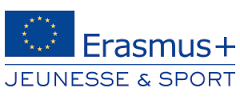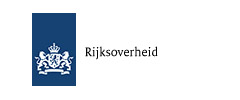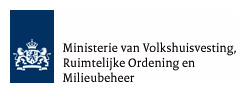Nesting
When expecting a baby, you start wondering, planning and questioning. Things are changing and exciting times are ahead. Everything should be ready for the child. The baby should feel snug and safe in her or his new home, the nest. Project Nesting provides support to parents who want to choose renovation materials, furniture and baby-products that are safe and healthy for their newborn child.
The Nesting project aims at providing new parents, and child health and childcare professionals with precise information and helpful practical advice so that they can make informed choices for healthier products and adopt new practices. Nesting informs via a web platform and trainings, about the quality of the air and environment inside homes and day care centres, and describes the way in which products such as furniture and carpeting, cleaning agents and baby care products can affect indoor air quality, and lead to the exposure of children to toxic substances.
Since its launch, 50,000 visitors have used the website, which is available in eight languages (Dutch, English, French, German, Greek, Hungarian, Estonian and Spanish). More languages are being added every year. Other activities involve trainings and workshops for parents and child professionals.
"Test your nest!"
In 2009, Project Nesting conducted the "Test your nest!" campaign in five EU countries, in partnership with the consumer protection institute INC/60 Millions de Consommateurs. Parents were offered a unique opportunity to test the air quality in their baby's room. A test kit was provided to families in France, Germany, Greece, the Netherlands and the UK. Following specific testing guidelines, parents were able to test for pollutants such as formaldehyde and other volatile organic compounds (VOCs).
The testing process was both reliable and very simple. The testing samplers were placed in the baby's room for a period of seven days and then sent to a certified laboratory where the results were analysed. The French National Consumer Protection Institute reviewed the findings and published the results in its monthly magazine: 60 Millions de Consommateurs (60 million consumers). The individual test results were also sent to all the parents who participated.
The results of the "Test your nest!" action showed that the project is making nurseries safer for babies. The air quality in the baby room of parents who were informed about good ventilation, and who make an effort to regularly open the windows to ventilate it, received the best test results.
































